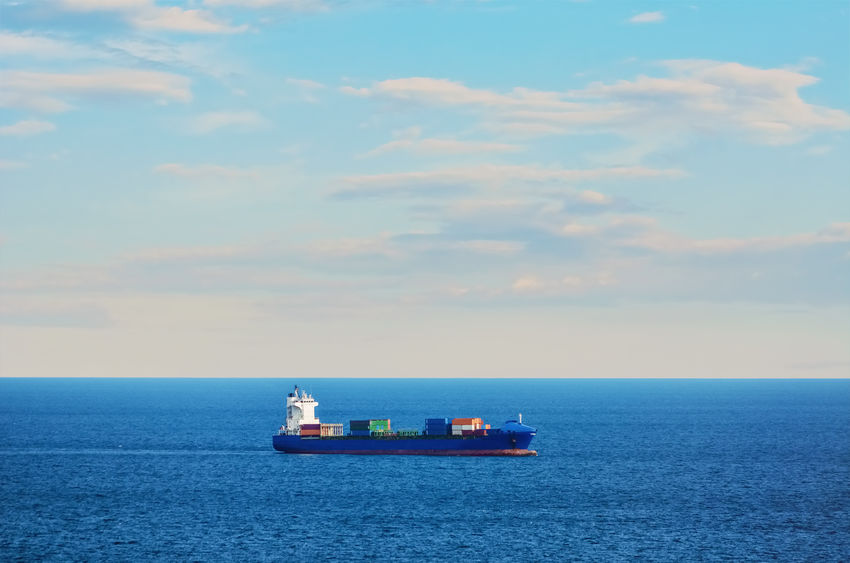
The government has taken on board farming industry suggestions to maintain tariffs on agri-food goods after the Brexit transition period.
The Department for International Trade has today (19 May) confirmed that it is maintaining tariffs on a number of products, including agricultural goods.
The UK’s new tariff regime - the Global Tariff (UKGT) - will replace the EU’s Common External Tariff on 1 January 2021 at the end of the transition period.
The tariff schedule aims to simplify nearly 6,000 tariff lines, and seeks to lower costs for businesses by reducing 'administrative burdens'.
The changes include scrapping tariff variations, rounding tariffs down to standardised percentages, and getting rid of all 'nuisance tariffs' - those below 2%.
"We are also getting rid of the EU’s complex Meursing table, allowing us to scrap thousands of unnecessary tariff variations on products," the department said.
"The UKGT ensures that 60% of trade will come into the UK tariff free on WTO terms or through existing preferential access from January 2021, and successful FTA negotiations will increase this.
"This will lower costs for businesses, ensuring they can compete on fair terms with the rest of the world, as well as keeping prices down and increasing choice for consumers."
The Food and Drink Federation (FDF), the UK's food manufacturing trade body, welcomed the announcement, calling it a 'sensible step back' from the temporary tariffs set out in March 2019.
Ian Wright, chief executive, said: "The government has taken on board suggestions to maintain specific and compound tariffs on agrifood goods that limit exchange rate impacts on tariffs, and encourage the use of higher quality and value ingredients.
"This gives food and drink manufactures time to prepare for the application of these tariffs after 1 January 2021."
However, he said it would 'take time' for UK food and farming businesses to understand the implications of these tariffs.
"The FDF will work closely with both members and government to identify any concerns and ensure the best possible outcomes,” Mr Wright said.
The government's International Trade Secretary Liz Truss said the new tariff schedule would benefit UK consumers by cutting red tape and reducing the cost of everyday products.
"With this straightforward approach, we are backing UK industry and helping businesses overcome the unprecedented economic challenges posed by coronavirus," she said.
